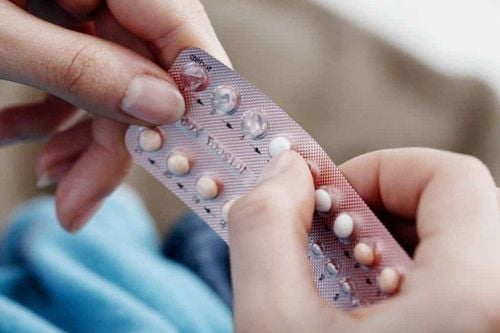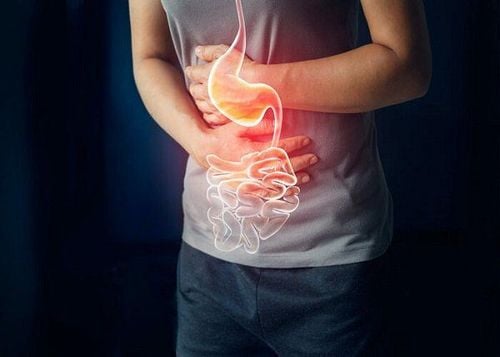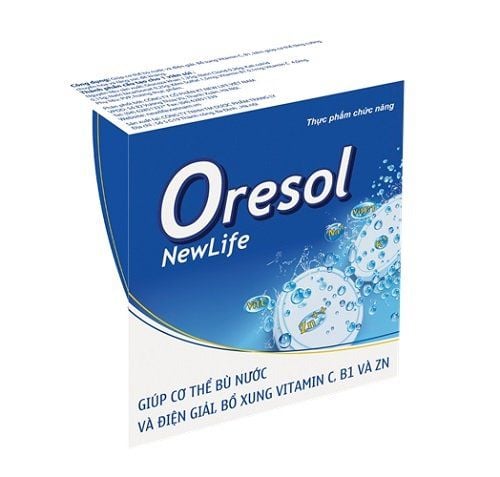1. What is Kremil-S?
Kremil-S contains the active ingredients Aluminium Hydroxide, Magnesium Hydroxide, and Simethicone. Specifically, each chewable tablet contains:
- Aluminium Hydroxide: 178 mg
- Magnesium Hydroxide: 233 mg
- Simethicone: 30 mg
These ingredients work together as follows:
- Aluminium Hydroxide and Magnesium Hydroxide act as antacids, effectively neutralizing excess stomach acid and raising the pH in the stomach.
- Simethicone reduces bloating by breaking down small gas bubbles in the digestive tract, allowing them to merge into larger bubbles that pass more easily.
2. Indications for Use
Kremil-S is used to:
- Alleviate symptoms of excessive gastric acid secretion related to peptic ulcers, gastritis, esophagitis, and acid indigestion.
- Relieve bloating, including postoperative bloating caused by gas buildup.
- Complement H2 blockers or proton pump inhibitors by providing quick symptom relief for gastrointestinal mucosal ulcers.
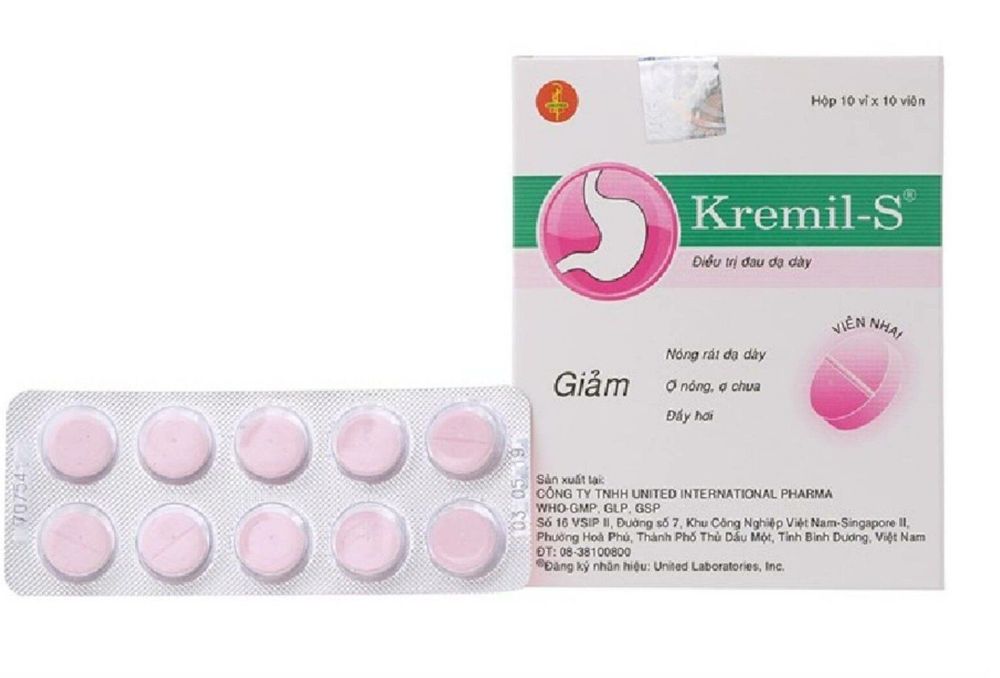
3. Dosage and Instructions for Use
- Administration: The tablets can be chewed before swallowing without water or swallowed whole with water.
- Recommended Dosage for Adults:
- Take 1–2 tablets one hour after meals and before bedtime, or as directed by a physician.
- If a dose is missed, take the next dose at the usual scheduled time. Do not double the dose without medical advice.
4. Signs of Overdose
- Aluminium Hydroxide: Long-term use or high doses may lead to accumulation in the bones, lungs, or nervous tissues in patients with kidney failure. It may also cause phosphorus depletion, leading to symptoms like loss of appetite, fatigue, and muscle weakness. Prolonged use may result in kidney stones, osteomalacia (softened bones), or osteoporosis.
- Magnesium Hydroxide: Overdose can result in low blood pressure, nausea, vomiting, abnormal ECG readings (measure the heart’s electrical activity), respiratory depression, mental confusion, or coma, especially in patients with severe kidney disease.
- Simethicone: Generally considered safe, overdose typically does not cause clinically significant effects.
If an overdose is suspected, consult a doctor immediately for advice.
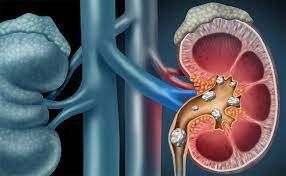
5. Potential Drug Interactions with Kremil-S
Antacids, including Kremil-S, can interact with other medications by affecting their absorption or metabolism. Key interactions include:
- Reduced Absorption of Tetracycline and Iron Supplements
- Kremil-S and antacids in general reduce the absorption of tetracycline antibiotics and iron supplements.
- It is recommended to take tetracycline 1 hour before or 2 hours after antacids, and iron supplements 2 hours before or 3 hours after antacids.
- Decreased Absorption of Certain Medications
- Antacids can decrease the absorption of oral Digoxin, Indomethacin, Isoniazid, Quinolones (e.g., Ciprofloxacin, Ofloxacin), and Ketoconazole.
- Changes in Urine pH
- Antacids can alter urinary pH, leading to increased urinary excretion and reduced blood levels of acidic drugs such as Salicylates (e.g., Aspirin).
- Increased urine pH may also reduce the excretion of weakly basic drugs (e.g., Quinidine, Chlorpromazine, Propranolol, Diazepam) while increasing the excretion of weakly acidic drugs (e.g., Phenytoin, Pentobarbital, Warfarin).
- Increased Absorption of Certain Drugs
- The combination of Aluminium-Magnesium antacids has been reported to increase the absorption of Dicumarol, Diazepam, and Pseudoephedrine.
- Reduced Bioavailability of Bisphosphonates
- Antacids decrease the bioavailability of bisphosphonates (e.g., Alendronate, Etidronate, Risedronate).
Summary
Kremil-S is used to alleviate symptoms of hyperacidity (stomach produces too much acid) associated with peptic ulcers, gastritis, esophagitis, and indigestion. It is also an effective anti-bloating agent that relieves symptoms like post-operative abdominal pain related to excess secretion. When used correctly, Kremil-S can serve as a valuable adjunct to H2 blockers or proton pump inhibitors, offering rapid relief of gastrointestinal mucosal ulcer symptoms.
To maximize its benefits and avoid adverse interactions, it is important to use Kremil-S as directed and consider the timing of other medications.
Please dial HOTLINE for more information or register for an appointment HERE. Download MyVinmec app to make appointments faster and to manage your bookings easily.





